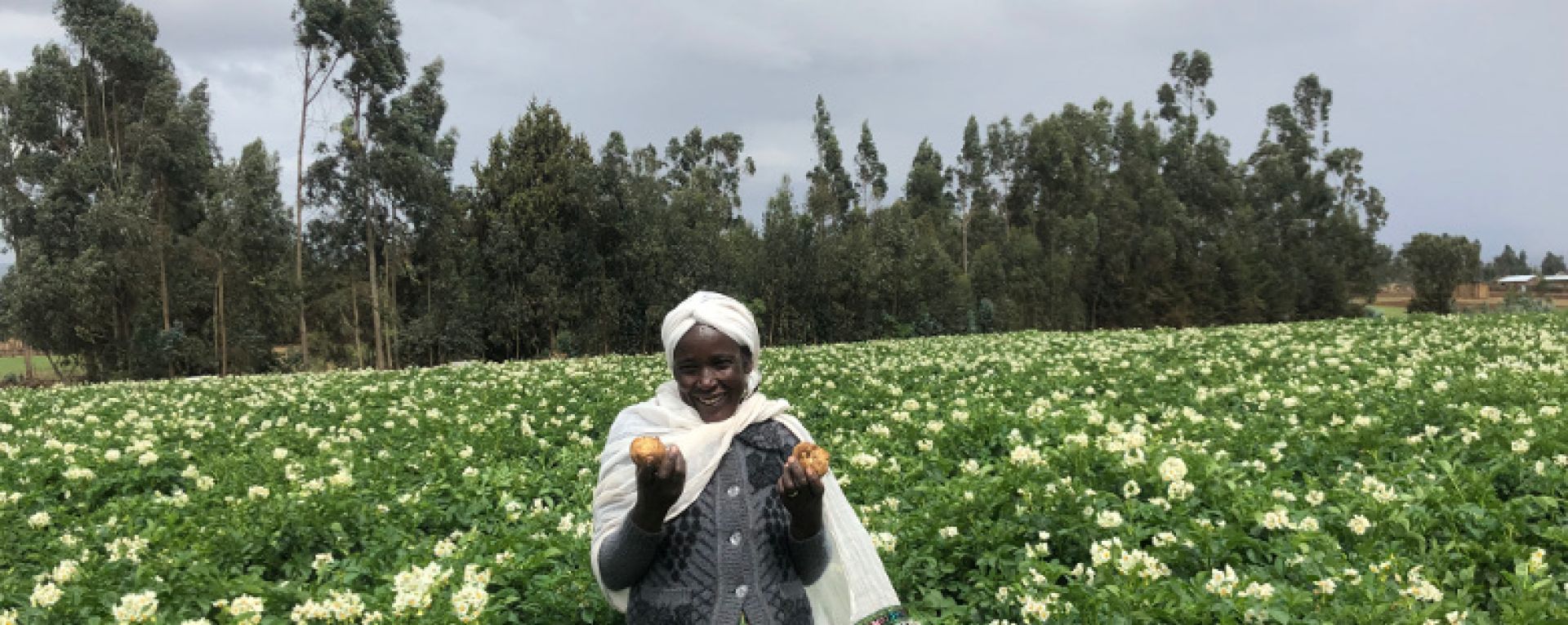Ethiopia
Overview
In 2021, Ethiopia demonstrated medium capacity in its data use. Ethiopia was not only implementing formal processes in data collection including routine agricultural and household surveys but was also transitioning from paper-based data collection to more digital systems. These efforts were reflected in a score on the World Bank’s Statistical Performance Indicators that exceeded the average of the Horn of Africa. However, Ethiopia was still facing significant challenges that limited stakeholders’ abilities to effectively make data-based decisions. In particular, the country (1) remained unable to produce data for some key food-related SDG indicators; (2) struggled to access existing data due to weak national open data policies; and (3) faced severe technology and internet connectivity limitations. These roadblocks existed despite a growing demand for the data needed to meet the country’s commitments to its new Ten-Year Development Plan. This gap between supply and demand contributed to an enabling environment where stakeholders were committed to improving the Ethiopian agricultural data ecosystem.
Available Microdata
Ethiopia Socioeconomic Survey 2018/2019 (ESS)
50x2030 Research Grant Policy Briefs and Papers
Kokeb G.Giorgis, "Migration, Remittances and Rural Agricultural Transformation in Ethiopia"
Kaleab K. Haile, "The Impact of Roads on Household Income in Rural Ethiopia"
Fredu Nega Tegebu & Edris Hussein Seid, "Youth Employment and Dynamics in Rural Non-Farm Enterprises (RNFE) in Ethiopia"
